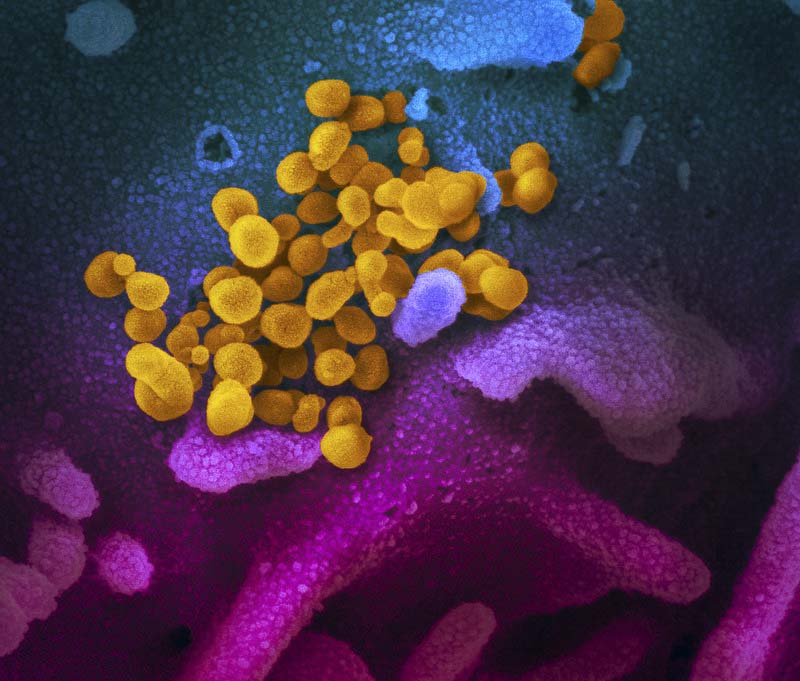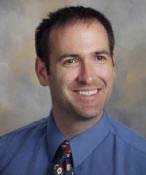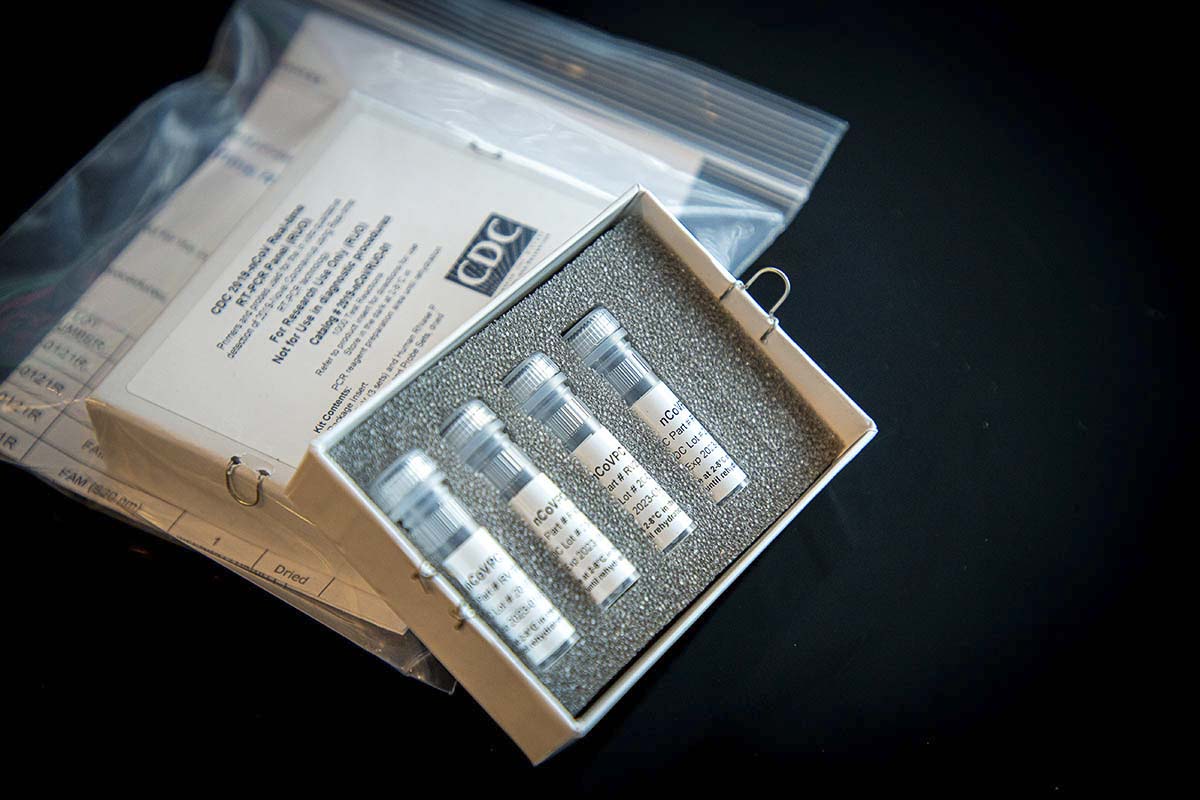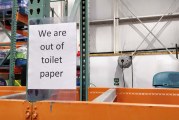Test results could be back from the state public health department by mid-week
VANCOUVER — Seven people living in Clark County are being tested for possible COVID-19, the novel coronavirus that is being blamed for six deaths in Washington State, according to Public Health officials.

Worldwide, the number of confirmed cases has grown to nearly 100,000, with at least 60 in the United States.

Five of those tests came from PeaceHealth Southwest Medical Center, says Dr. Lawrence Neville, the hospital’s chief medical officer, with two more people being tested from the provider’s Longview hospital.
“We stand ready to serve the community, no matter how this develops,” says Dr. Neville. “We’ve been preparing for about five weeks.”
That preparation includes “screening protocols to identify those who have traveled abroad or have symptoms,” as well as lab testing for patients who may be at risk.
Hospital systems have been working to implement procedures to isolate patients who may have the coronavirus, and have been working to keep an adequate supply of masks and protective equipment, says Dr. Neville.
At PeaceHealth Southwest Medical Center, signs alert visitors to the potential for outbreak, and advice anyone experiencing symptoms to wear a mask, in order to prevent the virus from being spread through coughing, sneezing, or other means.
“I don’t recommend, in general, going out and buying a mask of any sort,” says Dr. Neville.
The Centers for Disease Control recommends that people who are well avoid wearing a mask, as it is unlikely to prevent you from catching COVID-19, and may actually lead people to touch their face more often.
People who show symptoms of the disease may want to wear a mask, to avoid spreading the virus to other people.
The best means to prevent the spread of the virus, says Dr. Neville, is similar to recommendations for the flu. Wash your hands regularly with soap and water for at least 20 seconds, avoid touching your face, and stay home if you have any symptoms, such as a fever, coughing, or shortness of breath.
If you are experiencing those symptoms, Dr. Neville recommends calling your healthcare provider before going in, so they can prepare and make sure you’re not potentially exposing anyone else.
How far could the virus spread?
Estimates on how far the SARS-CoV-2 virus could spread, or how many people could end up being infected with COVID-19, vary widely depending on who you ask.

While much remains unknown, early estimates are that the infectiousness rate of the virus is slightly higher than the common flu. That means for everyone who gets sick, current estimates are that they will infect 2.2 other people.
For comparison, medical experts say a single case of measles can infect 18-30 unvaccinated people.
Even with the lower infection rate, having no available vaccine means the virus could spread further and more quickly than the flu. The best estimates right now are that around two percent of cases end in death, though most experts expect that number to fall as the virus spreads.
“I think we’re all watching and waiting for CDC and state health updates as our scientists continue to explore the virus,” says Dr. Neville.
In King County, Washington, where six people have died, health officials are preparing to house patients in a vacant hotel in an attempt to isolate them from hospital populations. If further action is needed here, Dr. Neville says they are ready to adapt.
“We feel confident in the event that were to happen and it were to surprise all of us and be much worse than we think,” he says, “that we would stand ready to work with our public health partners to marshal the right resources to help folks.”
Visit the CDC’s novel coronavirus website for the latest news and resources.
Also read:
Shoppers met with bare shelves as coronavirus scare grows





